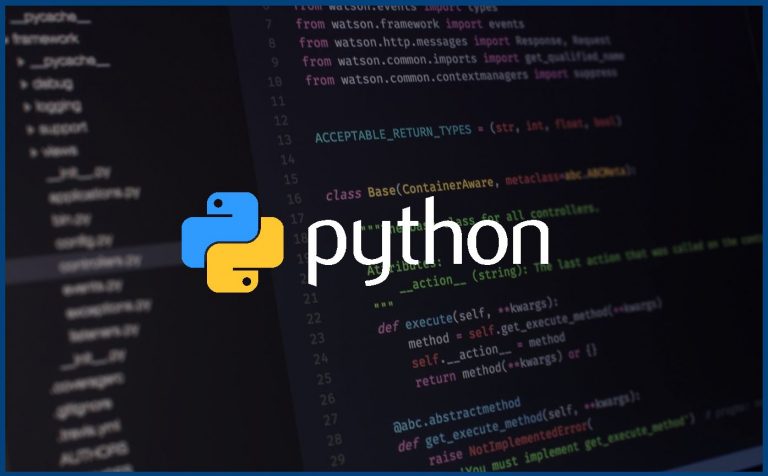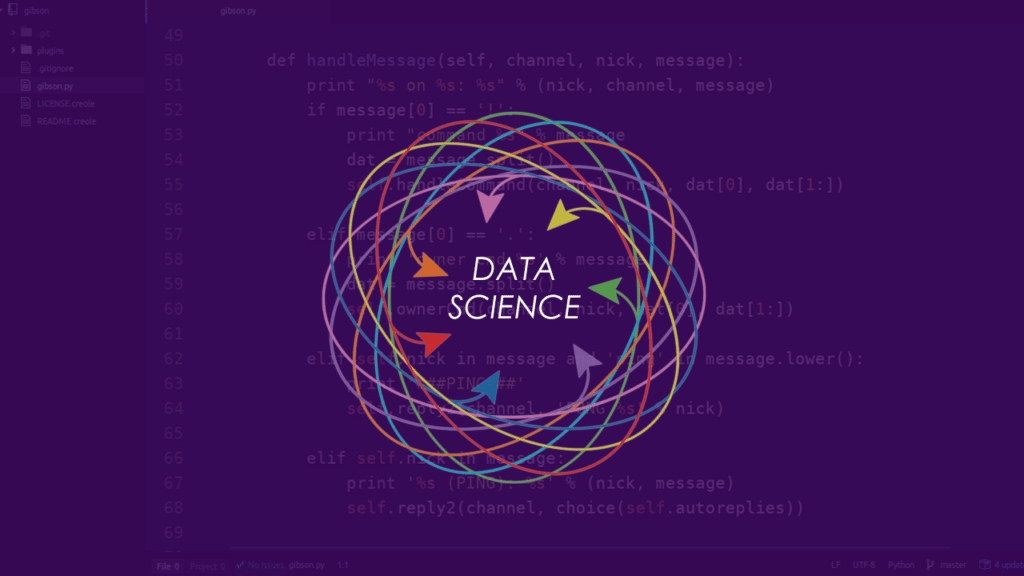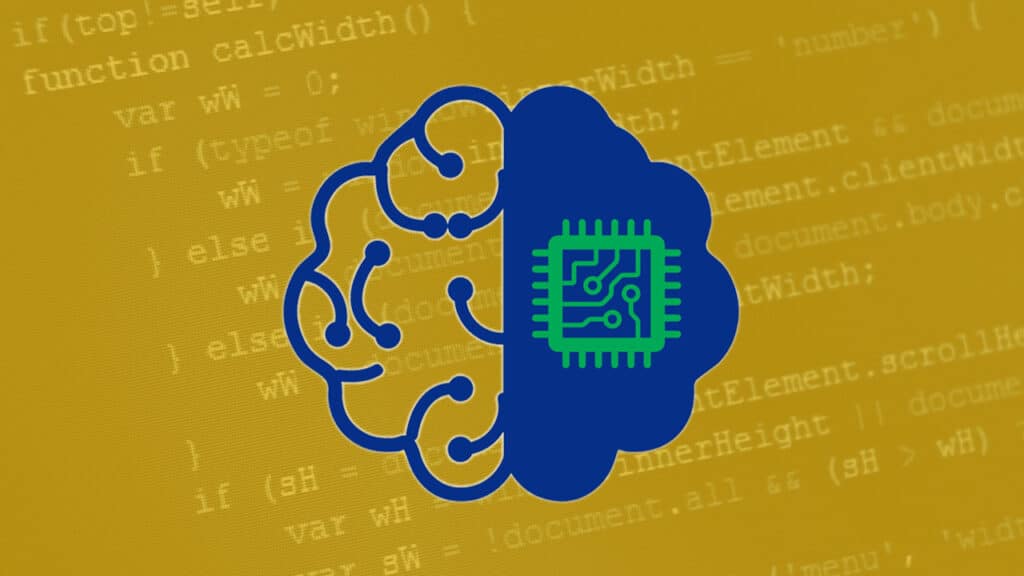Python programming language has huge libraries and frameworks to facilitate coding and save development time. It is famed for its simplicity, easily readable code, and brief syntax and logic. Since machine learning deals with extremely complex algorithms and multi-stage workflows, here python’s brief and easy logics play important role in saving developer’s time.
On the other hand, when it comes to Data Science, Python has packages that are rooted specifically for data science job. SciPy, NumPy, and pandas facilitate data analysis and can be easily integrated with web apps. It can include statistical code in production database if needed. And at last, it is an open-source programming language having a lot of resources and high-quality documentation and active community of developers willing to provide advice and assistance through all stages of the development process.
So here we are going to discuss some of the useful Python tools for both machine learning and data science applications.
Contents
Python Tools for Data Science
1. Numba: Numba is an open source, NumPy aware optimizing compiler which compiles Python syntax to machine code using LLVM compiler, in data science applications it speeds up the compilation of code with NumPy array. Provided some annotations, complex and array-oriented python code can be optimized to achieve performance similar to C, C++, and Fortran, without having to change languages or Python interpreters.
2. Cython: Cython is just a genus of Python or you can say that it is a superset of Python which has the capability to generate standard Python modules, it improves Python code execution speed significantly by compiling Python code into C code. Basically, it is designed as a C-extension for Python to compile Python code to C/C++ code and it can be used in Jupyter notebooks via inline annotations.
3. Dask: Dask is the library that enables parallel computing in python, while using Numpy and Pandas you might sometimes face the problem of data processing with RAM, here Dask comes into the picture because it supports the Pandas data frame and Numpy array data structures and is able to either be run on your local computer or be scaled up to run on a cluster.
4. SciPy: SciPy is another Python library used for technical and scientific computation, it is built on NumPy array objects constituting NumPy’s stack which includes tools such as pandas, SymPy and Matplotlib. SciPy provides modules for special functions, image processing, linear algebra, integration, and optimization.
Python Tools for Machine Learning
1. Scikit-Learn: Scikit-Learn also referred as scikit-learn is a free software machine learning library for python, though it is listed in ML tools, it is used in data science also. It provides easy use of API, as well as grid and random searches and the main advantage in using Scikit-Learn, is its speed while performing different benchmarks in toy datasets. Its main features include regression, clustering, and classifying algorithms including gradients, k- means, support vector machines, DBSCAN, and random forests and it is also capable of operating with SciPy and NumPy.
2. Keras: Keras is an open source library written in python for the neural network, it was developed to make implementing deep learning models as fast and easy as possible for research and development and was released under the permissive MIT license. Keras Python library provides a clean and convenient way to create a range of deep learning models on top of Theano or TensorFlow which provides the basis for Deep Learning research and development. Keras focuses on its main principles which include user-friendliness, modularity, easy extensibility and working with Python.
3. Theano: Theano is another python library and optimizing compiler for fast numerical computation which mostly involves matrix valued mathematical expressions and is an essential library for Deep Learning in Python that you can use directly to create Deep Learning models. It integrates with NumPy for computation and can run on GPU architecture other than CPU for efficiency, it has efficient symbolic differentiation, generates C code dynamically, extensive unit testing and self-verification and it optimizes speed and stability.
4. Shogun: Shogun is an open source machine learning library, which is written in C++. The main functionality of shogun focuses on kernel machines, like support vector machines for regression and classification problems, since it is written in C++, it provides interfaces for Python, Java, R, Ruby, Lua, MATLAB, C#, and Octave. It provides vast and unified machine learning methods and the goal for its creation is to provide machine learning with transparent and accessible algorithms as well as free machine learning tools to anyone interested in the field.
Choose your tools
It is obvious that everyone will not agree to the list but the things required in ML and Data Science, being a developer, a scientist or simply a data enthusiast will be covered by using these tools, as you get advanced in these fields you will get insights of new tools. Here was my list and do not forget to mention the list of your tools in the comment box.



